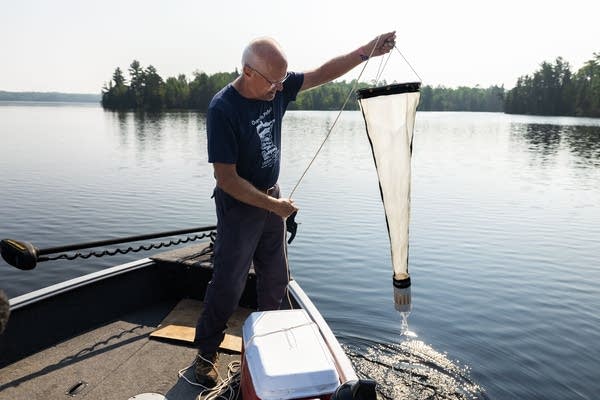'Early mover' in Feeding Our Future scam sentenced to 28 years
The Minnesota U.S. Attorney’s Office says Abdiaziz Farah played an important role in a conspiracy to fleece taxpayer-funded child nutrition programs out of hundreds of millions of dollars during the pandemic.
Go Deeper.
Create an account or log in to save stories.
Like this?
Thanks for liking this story! We have added it to a list of your favorite stories.















